
Speaking to the Ecofin council on Tuesday 12 February 2002, Budget Commissioner Michaele Schreyer explained that the Commission's proposal on financing enlargement represents a good compromise between the financial interests of the current EU-15 and the new Member States. Ms Schreyer presented several arguments:
First, the lower expenditure, which will result from an enlargement in 2004 rather than in 2002 (as incorporated in the financial planning), benefits the current EU and the new Member States equally (in the form of higher payments for their first three years of membership to those planned in the initial financial framework).
Secondly, the financial forecasts originally contained a ceiling for the extra financial burden that stemmed from enlargement, which represented some 0.16% of the current Member States GDP in 2006. Because the Commission's proposal now foresees full contribution to the EU budget by the new Member States from the day of their accession, the extra financial burden for current Member States goes down significantly, to 0.08% of GDP. Moreover, it must also be emphasised that all current Member States will contribute the same share of their GDP to enlargement (with the exception of the UK, for which a different agreement was reached at the Berlin European Council). The Commission's proposal will however still mean that, as of 2006, the new Member States will receive the same contributions per head as the population of the current Member States (in terms of commitment appropriations).
Thirdly, when comparing the expectations set down in the Agenda 2000 with the Commission's proposal as it now stands, while the latter foresees direct payments to farmers and other necessary expenditure not initially planned, it also foresees full financial contributions from the new Members.
First, the lower expenditure, which will result from an enlargement in 2004 rather than in 2002 (as incorporated in the financial planning), benefits the current EU and the new Member States equally (in the form of higher payments for their first three years of membership to those planned in the initial financial framework).
Secondly, the financial forecasts originally contained a ceiling for the extra financial burden that stemmed from enlargement, which represented some 0.16% of the current Member States GDP in 2006. Because the Commission's proposal now foresees full contribution to the EU budget by the new Member States from the day of their accession, the extra financial burden for current Member States goes down significantly, to 0.08% of GDP. Moreover, it must also be emphasised that all current Member States will contribute the same share of their GDP to enlargement (with the exception of the UK, for which a different agreement was reached at the Berlin European Council). The Commission's proposal will however still mean that, as of 2006, the new Member States will receive the same contributions per head as the population of the current Member States (in terms of commitment appropriations).
Thirdly, when comparing the expectations set down in the Agenda 2000 with the Commission's proposal as it now stands, while the latter foresees direct payments to farmers and other necessary expenditure not initially planned, it also foresees full financial contributions from the new Members.

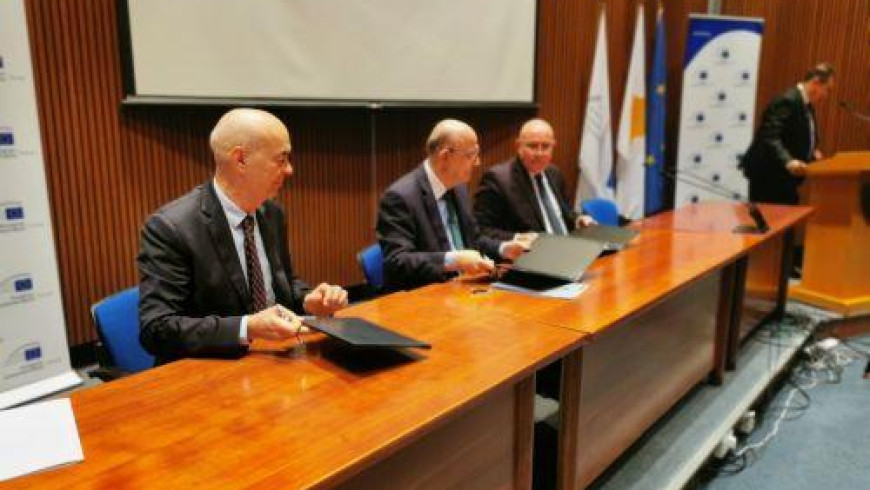

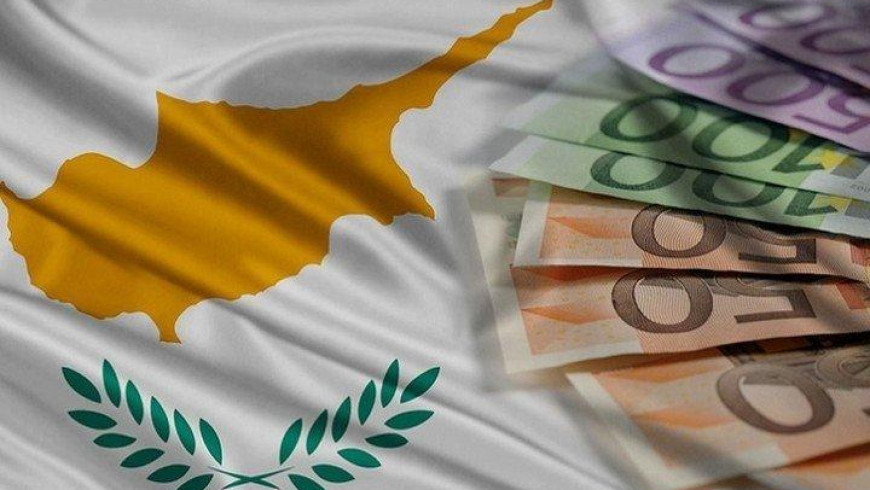
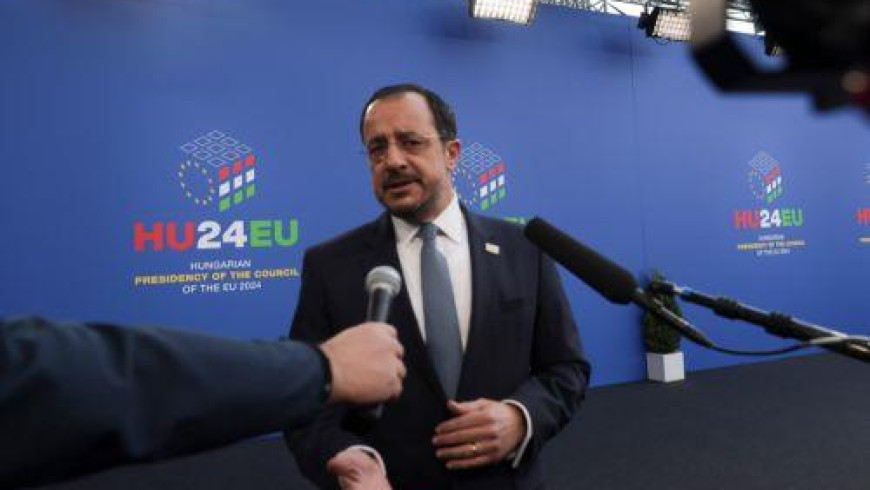
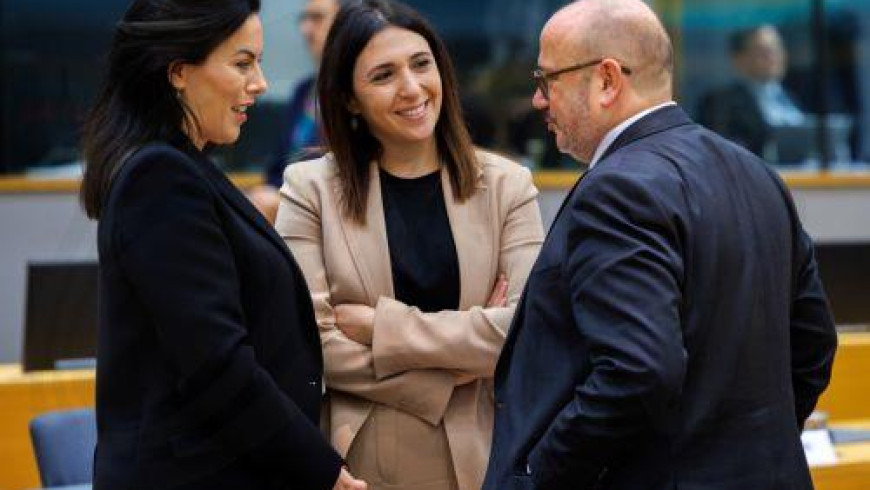


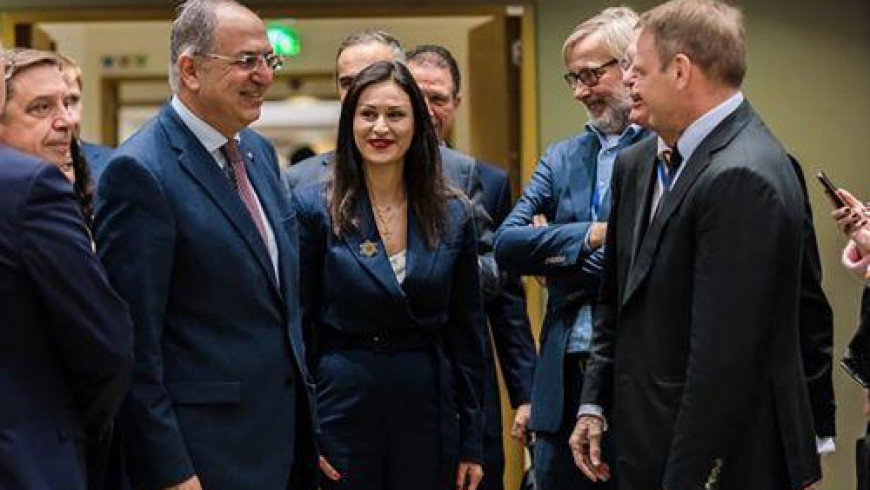





 3287.99
3287.99 1275.09
1275.09
